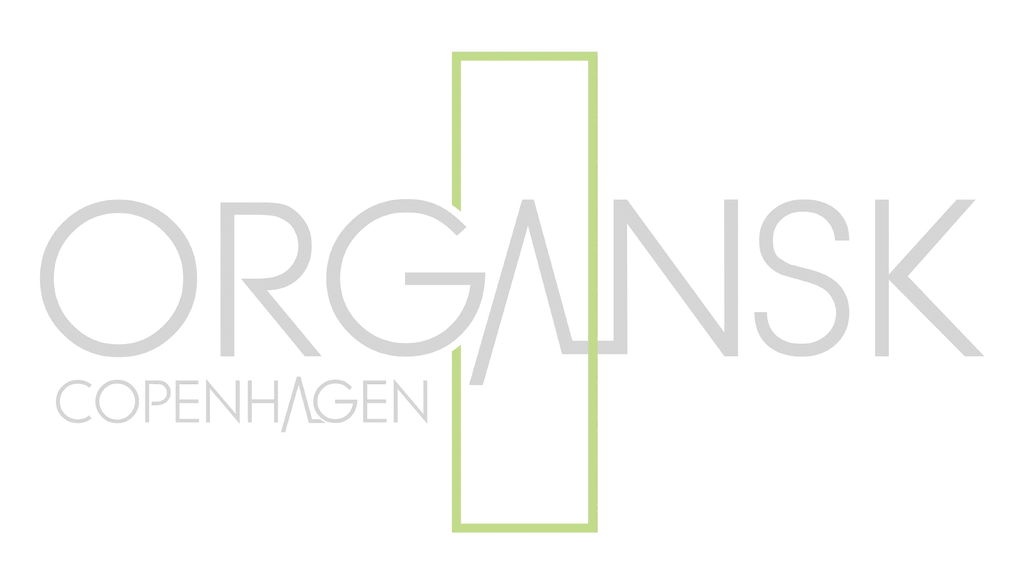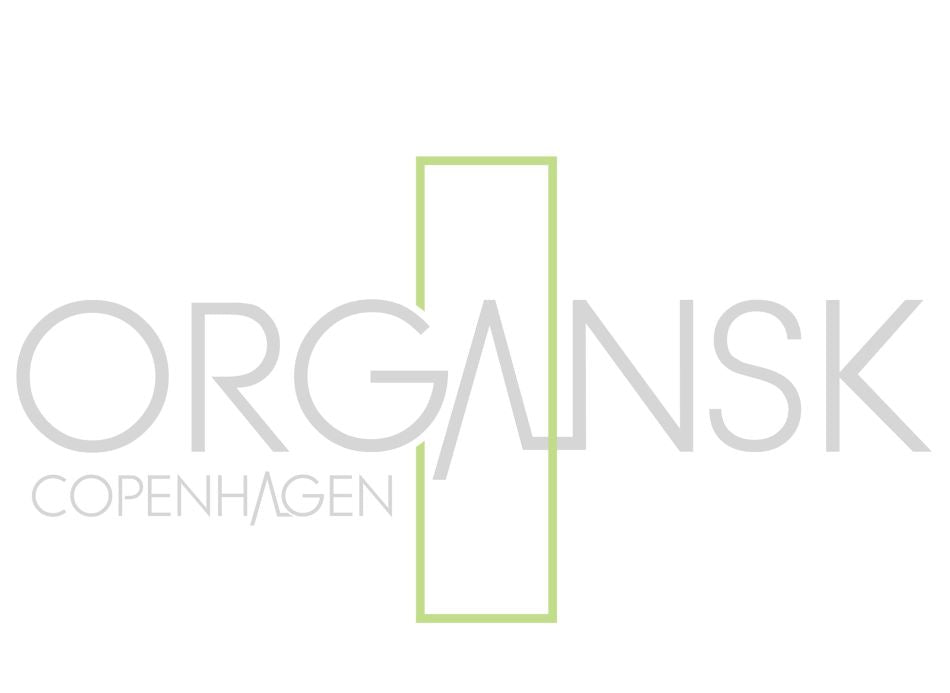Organic vs Recycled Cotton: Which Is Better for Denim, Loungewear, and Basics?
As sustainability becomes a top priority for consumers and brands alike, the demand for eco-conscious materials continues to rise. Two of the most talked-about options in fashion are organic cotton and recycled cotton. While both are more sustainable than conventional cotton, they offer different benefits — and drawbacks — especially when it comes to essential wardrobe categories like denim, loungewear, and everyday basics.
In this guide, we’ll explore how organic and recycled cotton compare in terms of environmental impact, comfort, durability, and overall suitability for different clothing types. If you’ve ever wondered which material truly makes a difference, keep reading.
What Is Organic Cotton?
Organic cotton is grown without the use of synthetic pesticides, herbicides, or genetically modified seeds. It relies on natural farming methods, often using crop rotation, compost, and beneficial insects to maintain soil health and biodiversity.
Key Benefits:
-
No toxic chemicals: Safer for farmers and the environment
-
Uses less water: Especially when rain-fed, organic cotton can reduce water consumption significantly
-
Better soil health: Promotes long-term sustainability of farmland
-
GOTS certified: Most trustworthy products carry Global Organic Textile Standard certification, ensuring ethical practices throughout the supply chain
What Is Recycled Cotton?
Recycled cotton is made by repurposing post-industrial or post-consumer cotton waste, such as old garments, textile scraps, or production offcuts. These fibers are mechanically broken down and spun into new yarn, reducing the need for virgin cotton production.
Key Benefits:
-
Reduces landfill waste: Diverts cotton waste from being incinerated or dumped
-
Lower carbon footprint: Fewer resources are used compared to farming new cotton
-
Water-saving: Requires almost no irrigation since the cotton was already grown
-
Supports circular fashion: A critical part of the circular economy model
Organic vs Recycled Cotton in Denim
Denim is a cornerstone of many wardrobes — but traditionally, it’s one of the most resource-intensive garments to produce. Let’s compare how organic and recycled cotton perform in this category.
Organic Cotton in Denim:
-
Provides strong, long-lasting fibers that wear well over time
-
Maintains that familiar denim feel and structure
-
Ideal for premium, structured jeans with a longer lifespan
-
Great for non-toxic, low-impact washing (especially when paired with ozone/laser treatments)
Recycled Cotton in Denim:
-
Often blended with organic or conventional cotton to reinforce strength
-
May feel softer and lighter, depending on the source fiber
-
Perfect for relaxed fits, vintage-inspired jeans, and distressed styles
-
Helps close the loop when used in take-back and re-manufacturing programs
Verdict:
Use organic cotton when durability and high-quality feel are priorities (e.g., premium straight-leg or high-rise jeans).
Opt for recycled cotton blends in relaxed-fit jeans, lighter summer denim, or brands with strong circular models like take-back programs.
Organic vs Recycled Cotton in Loungewear
Loungewear demands a different kind of performance: softness, breathability, and comfort are key. Here’s how the materials stack up.
Organic Cotton in Loungewear:
-
Exceptionally soft and breathable
-
Great for sensitive skin due to chemical-free production
-
Offers a clean, natural finish — ideal for minimalist loungewear brands
-
Retains quality with proper care over time
Recycled Cotton in Loungewear:
-
Can be less soft unless blended with virgin or organic fibers
-
May shed or pill more easily depending on the fabric quality
-
Lower environmental impact — but possibly lower durability
Verdict:
For comfort-first pieces like joggers, hoodies, and sleepwear, organic cotton is the better choice unless the recycled fiber is part of a high-quality blend. Look for blended options that offer both softness and sustainability.
Organic vs Recycled Cotton in Everyday Basics
Basics like T-shirts, tank tops, and undergarments are wardrobe essentials — and get washed more often, making fiber strength and softness even more important.
Organic Cotton in Basics:
-
Breathable and hypoallergenic
-
Holds color and shape well
-
Great for next-to-skin wear (e.g., underwear, tees)
Recycled Cotton in Basics:
-
Reduces waste and supports sustainable loops
-
Often used in heavier tees or outerwear basics
-
Lower-quality recycled blends may lose shape over time
Verdict:
Organic cotton is ideal for basics that are worn daily and need comfort and performance. Recycled cotton works well in boxy tees, utility shirts, or where ultra-softness isn’t critical.
Sustainability Comparison: Which One Wins?
| Feature | Organic Cotton | Recycled Cotton |
|---|---|---|
| Water Usage | Low (especially rain-fed) | Minimal |
| Energy Use | Moderate | Lower overall |
| Chemical Use | None (if certified organic) | None added in recycling |
| CO₂ Footprint | Lower than conventional | Lowest |
| Waste Impact | Reduces pesticide pollution | Diverts textile waste |
| Durability | High | Medium (can vary) |
Bottom Line:
-
Recycled cotton wins on resource use and waste reduction
-
Organic cotton wins on fiber quality, durability, and softness
What Organsk Does Differently
At Organsk, we believe sustainability isn’t about choosing one fiber — it’s about designing consciously across the board.
-
Our Aqua jeans are made with 100 percent organic cotton and washed with ozone and laser technology — no harsh chemicals, no wasteful water use
-
Our Oxygen line combines organic and recycled cotton for the perfect balance of structure and eco-impact
-
ORGANSK offers GOTS-certified clothes, ensuring transparency and low-impact production
-
We also offer lease, and take-back programs to keep textiles out of landfills
Whether you're slipping into your favorite pair of jeans or lounging in a soft cotton hoodie, we design every piece to support people, planet, and long-term wearability.
Final Thoughts: Which Should You Choose?
Both organic and recycled cotton are crucial for a more sustainable fashion future — but the best choice depends on your needs:
-
Want soft, durable pieces for everyday wear? Choose organic cotton
-
Want to support circular fashion and reduce waste? Go with recycled cotton blends
Better yet, support brands that thoughtfully combine both materials in ways that make sense — for style, for longevity, and for the planet.



